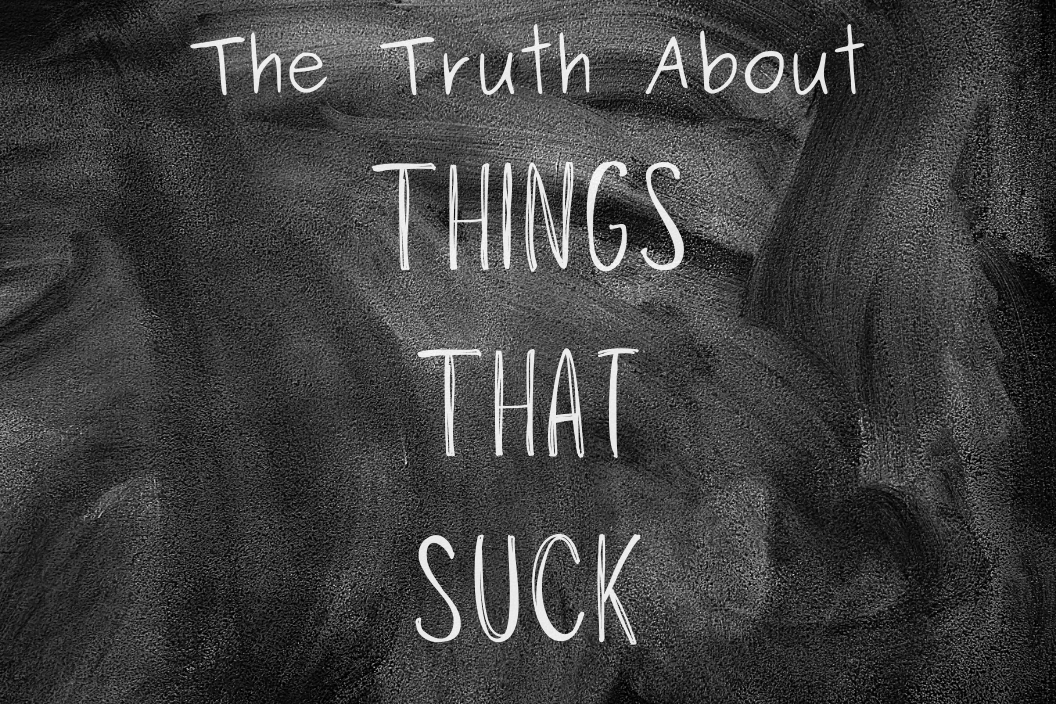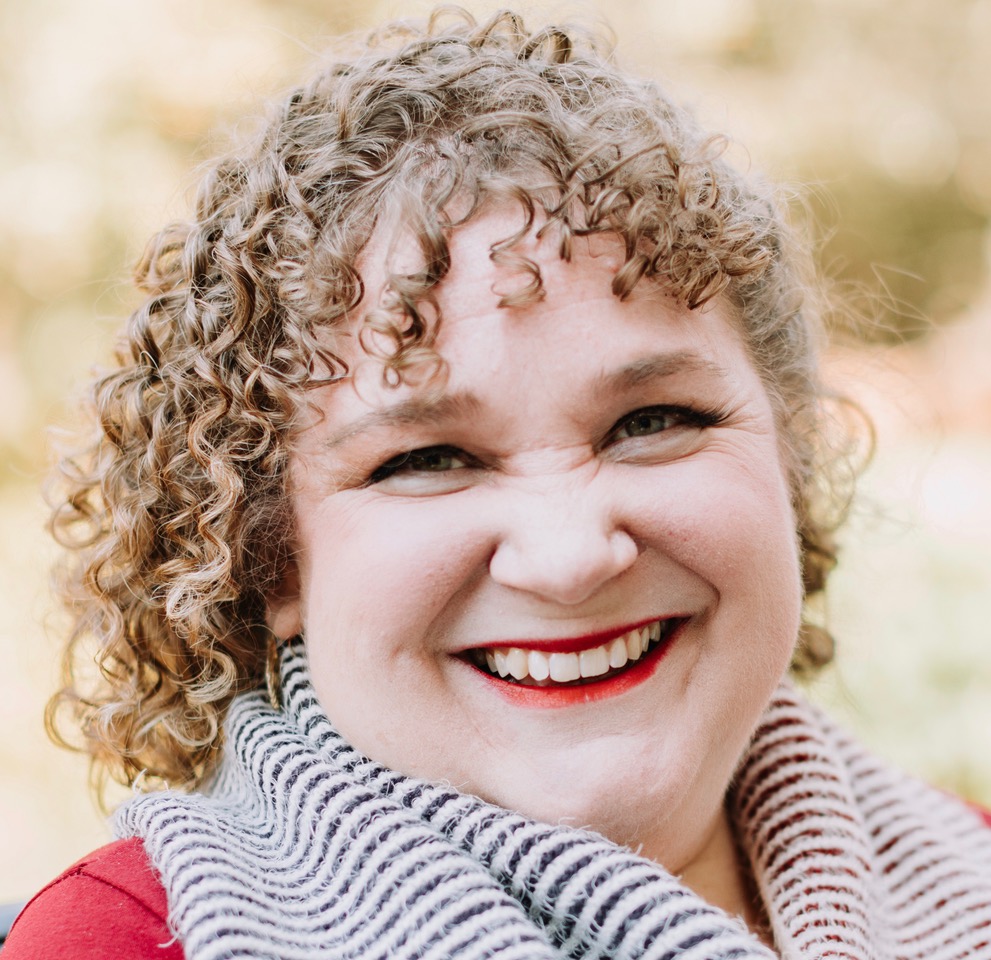Diversity and inclusion have become hot-button issues in the past couple years. But there’s still a way to go until we get it completely right in the workplace.

By Mindy Henderson, Photo by Vanessa Todd
Diversity and inclusion are important topics. Always have been (even if they didn’t always receive a proper spotlight), always will be. In my mind, it comes down to giving every person from all walks of life a voice. A seat at the table. An invitation to the party and then an equal bag of party favors.
I have worked for three companies in the span of my 20-year corporate career. The smallest had around 1,000 employees worldwide. The biggest had around 20,000. Now, I certainly can’t claim to have met all the employees at each of those companies. But I met a lot of them. I had jobs where I worked with many departments across several countries. London, Japan, Australia, France, Germany and of course, offices all over the United States. Went to all-hands meetings where we flew every employee in from all over the world and worked daily amidst hundreds of people.
I am the only person in a wheelchair I ever encountered. Ever. At any of those companies.
We all know that diversity and inclusion practices and programs exist to advocate for a variety of people. However, from what I have seen, the disabled community, in particular, is one of the most underrepresented in business today. As a disabled person who spent considerable time working in the corporate world, I feel compelled to share my experiences and how I believe my disability, in fact, contributed to my (and my employer’s) success.
Allow me to deconstruct.
Problem-solving
First, my disability and the 20 to 30 bite-sized challenges (and obviously some king-sized challenges along the way) living life from a wheelchair present each and every day instills patience, determination, tenacity, creativity and problem-solving. When something fails, the problem-solving that comes with 40-something years of challenges gives me the positive can-do attitude to try it a different way. As a person who managed people and departments, I can say with all confidence those are qualities you want in an employee.
Competitive
Second, professionally, my disability is what’s made me competitive (that and playing Scrabble). To someone who has not had a disability or has not been exposed to a disabled person, there might be a lack of understanding about what my physical limitations may present as someone with less stamina to work a high-responsibility job. When I go to a job interview, I know there may be questions in the interviewer’s mind about my ability to get to and from work. The kinds of accommodations I might need.
Knowing that a potential employer might be wondering those things has made me very competitive. I have an impenetrable work ethic and do whatever I have to do to get the job done. I have to in order to dispel the myths and prove that I am as capable as the next person. Also, the best way to get me to do something is to tell me I can’t. Show me a company that doesn’t care to compete.
Compassion
Third, living with a disability, I have been exposed to a lot of other people in the disabled community with different stories and circumstances. This has made me compassionate. It is part of why I am a good people manager. I care deeply for the success of those working for me and their ability to thrive.
Inclusion
Fourth, we come full circle back to the idea of lack of inclusion. I have known so many qualified, brilliant disabled people with degree after degree. They want to be productive but can’t get anyone to hire them. Knowing the stigma attached to my circumstances has made me so grateful for the 20-year career I had. The people and the companies who have given me chances made me want to see the people working for me get chances. It’s made me ambitious and determined and loyal to the companies that have believed in me and given me opportunities.
Here’s the thing.
The only way to normalize something is through exposure. If you don’t ever work or socialize with someone who doesn’t look like you, there’s not much you can do to get comfortable with it. Including people who have different needs and might require different physical accommodations than you asks you to step outside your comfort zone. It might force you to have conversations you’re not comfortable with.
Give it the chance to become normal for you. Don’t let a little discomfort keep you from doing something for your company that will set you apart. Open you to new perspectives and ideas, elevate you to thought-leader status and change our world for the better.
Be a model of how diversity and inclusion work well.
Show other companies that it begins with open minds. Intention to seek out people to work with who do life differently and can think of what you didn’t.
Look around you. Despite the pandemic, there are people who we live and work and socialize with. Does everyone look like you?
If your answer is yes, you’re missing out.

Mindy Henderson lives in Austin with her husband of 17 years, a puggle named Mr. PapaGeorgio and a cat named Birdie. She has a daughter in college who she misses terrible. Mindy currently wears a lot of hats and works as a speaker, writer, coach, host of “The Truth About Things That Suck” podcast and is a guest contributor to We Are Austin. This column is a tool she is excited to use regularly to help us all uncover those sucky but surprisingly beautiful circumstances. Connect with Mindy on Instagram at @mindyhendersonspeaks, or on LinkedIn.

